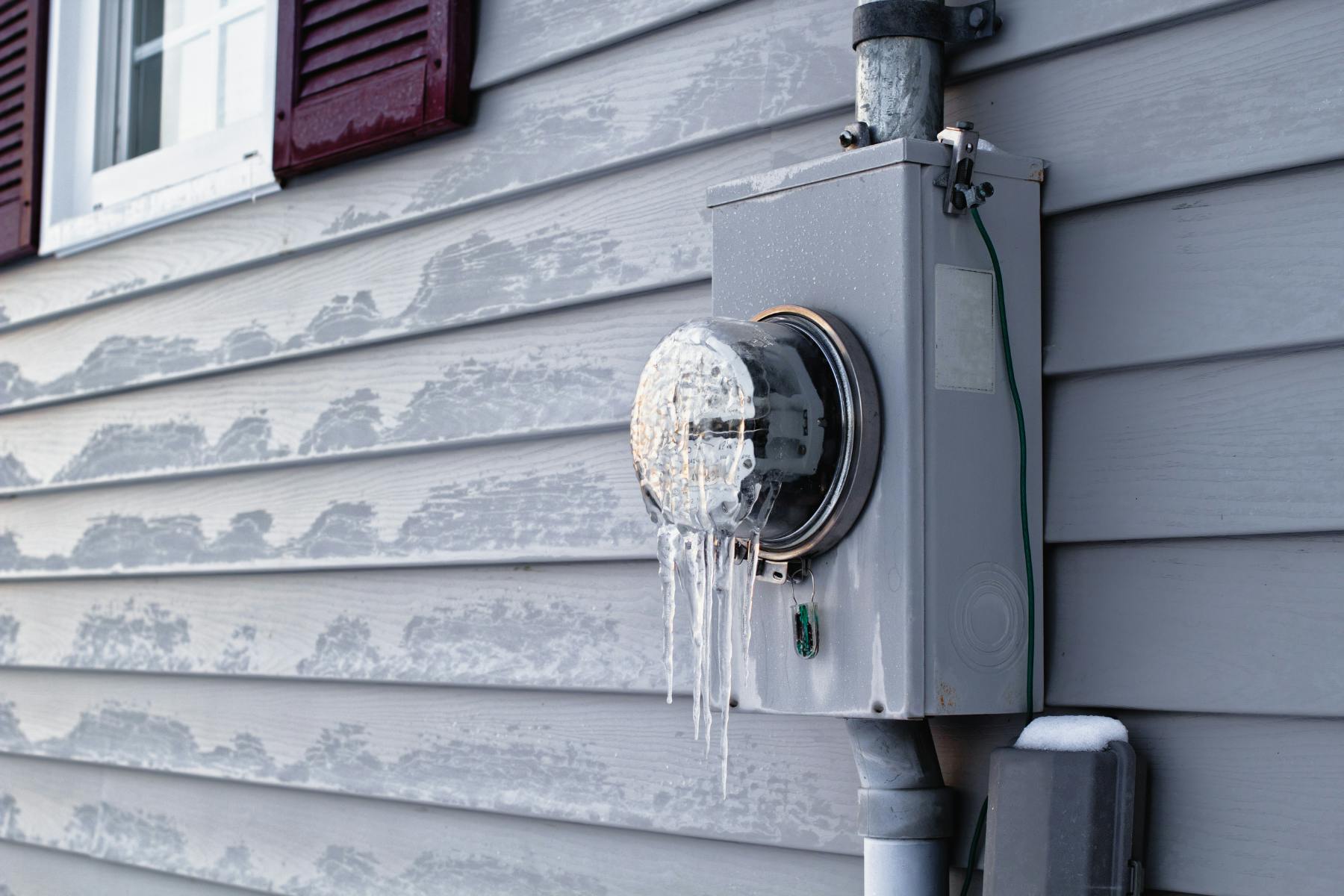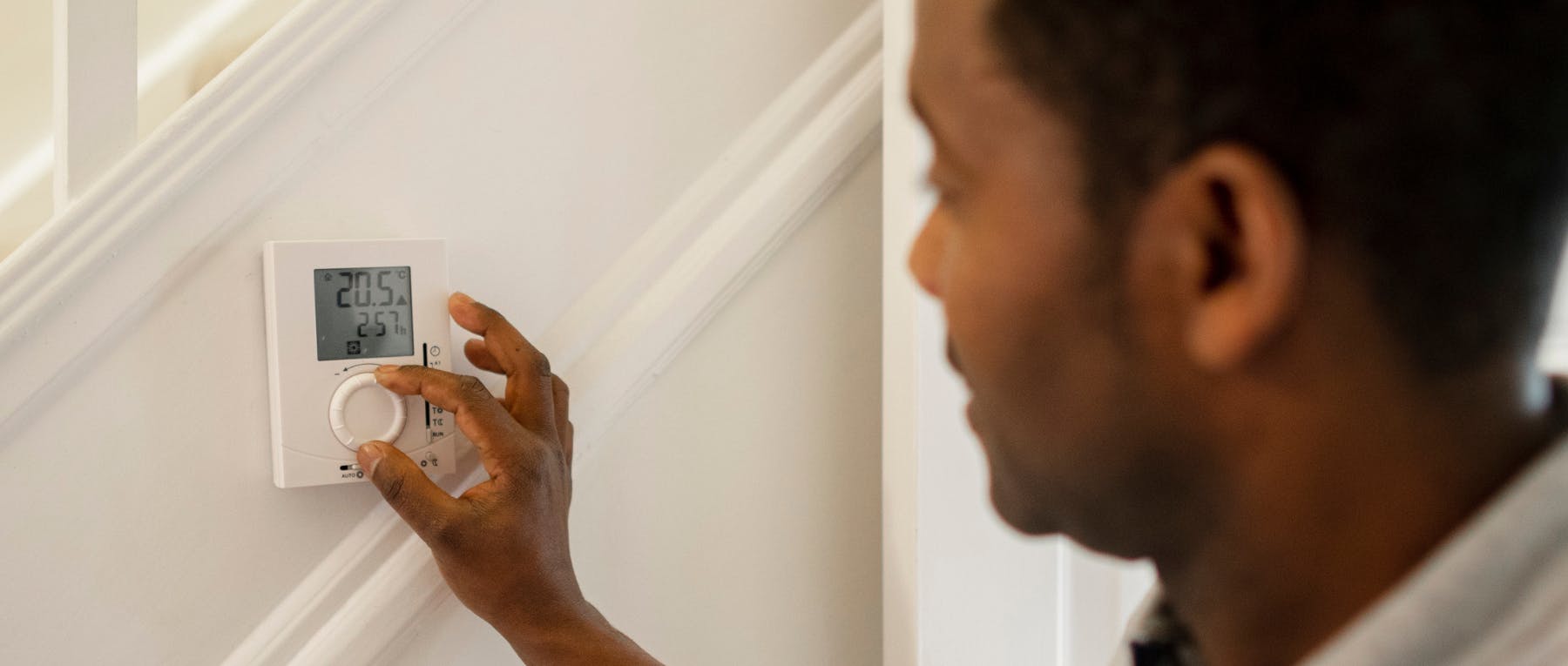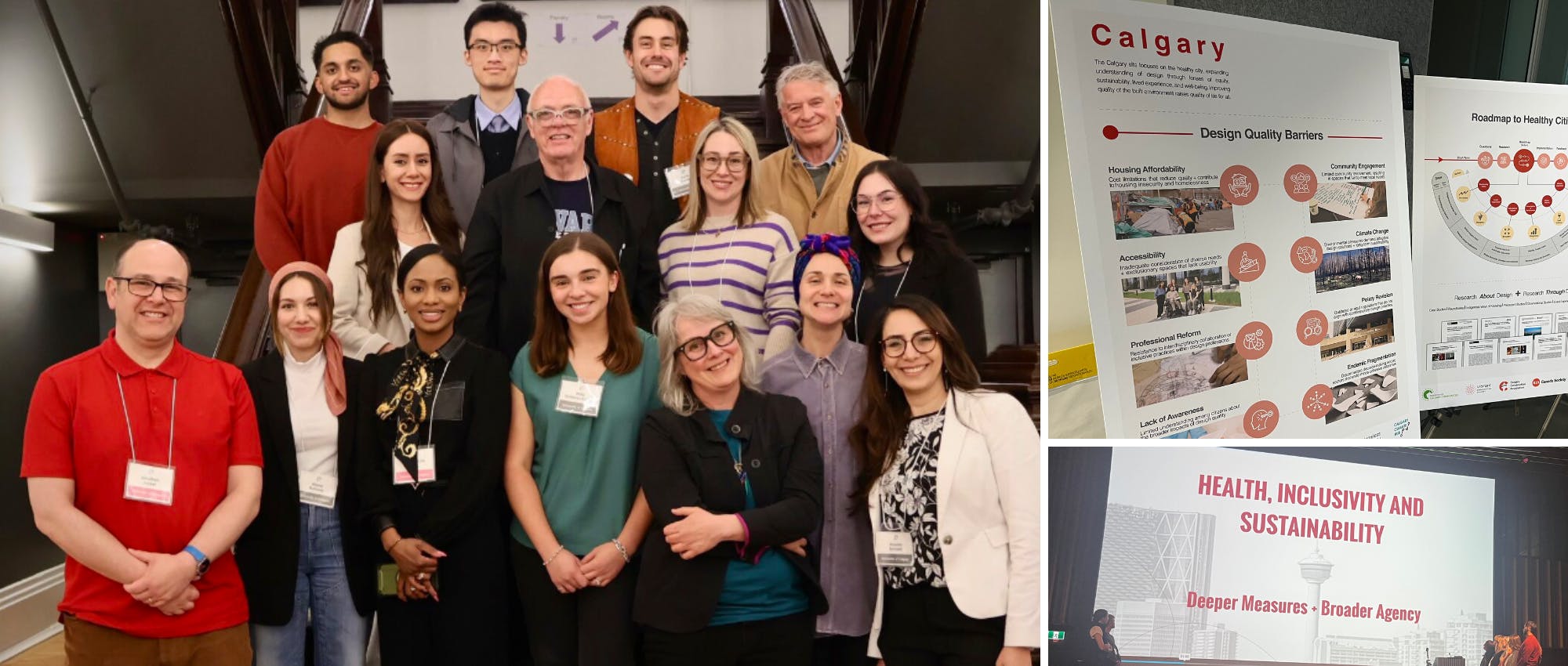As utility prices started to go up last year, we kept hearing “it’s time to lock in.” Locking into a contract seems to be the best advice the experts offer to rein in fluctuating prices and have more predictable bills. But, imagine that you can’t get on a contract. This is an issue that many people living on low incomes face. Previous non-payments, arears or bad credit may mean you’re not able to get on a fixed rate. Sue Gwynn, who chairs Enough for All’s lived experience advisory committee Poverty Talks!, gave us an overview of some of the issues at play.
Dealing with an overdue energy bill is a daunting, stressful and time-consuming problem. There are a number of things that make an overdue energy bill very difficult to deal with, starting with the fear of being cut off or being placed on a load limiter. Both scenarios mean you have only a small window of time before freezers and fridges start warming up and your food will spoil. Using a stove or large appliances is not a possibility on a limiter, but at least your pipes won’t freeze.
There are other issues though. Once you’ve been disconnected, you risk eviction because most lease agreements contain some sort of wording about tenants being required to maintain the property, including utilities. So now you’ve been disconnected, and you may have to look for another place to live in Calgary where, let’s face it, there aren’t very many options for rentals. If you have kids, you also risk Child Services removing your children from the home. This is not something that happens very often, but it is a fear of many living in poverty.
The help available has barriers and is often not enough
In my experience, utility companies offer only a small amount of “help” with arrears. You can make a payment arrangement, but for the most part, this is very difficult to maintain. This is not because people want to break the payment arrangements but because your energy bill is already out of your ability to pay, so how could you manage paying your bill plus an extra amount for the arrears? This is the eternal loop people living in poverty get caught in every day. Basically, they make a payment arrangement to pay their energy bill knowing that their situation will be the same in two weeks or a month or two. But if given the choice of being cut off completely or banking on something changing in the next little bit, they bank on the change and make the payment arrangement, knowing either they will break the payment arrangement or they will have to skip paying something else, in whole or in part, to make it work.
Once a payment arrangement is made and broken, it is often a black mark that will prevent other payment arrangements from being made. So from that point onward, all bills must be paid in full and on time for anywhere between six months and one year. Through Utilities Consumer Advocate you can contact a mediator to help you negotiate, but at the end of the day if you have broken payment arrangements, there is very little they can do to help.
There are a few places you can go for help with utility bills. If you call 211, they’ll give you a list of agencies that may be able to help, but they limit to how many people they can accept every month. If you can’t get to them in the first few days of the month, there is very little chance they can help. This is in no way a failing on their part, rather it speaks to the high volume of need.




